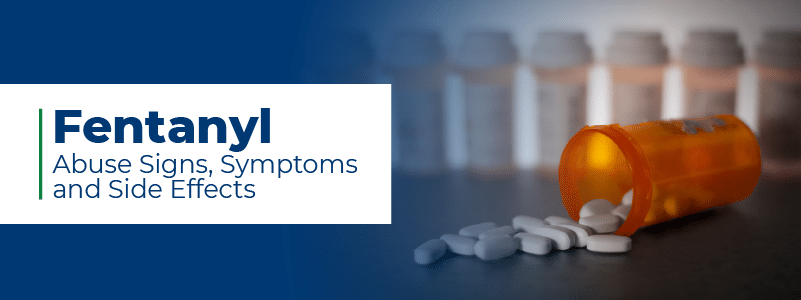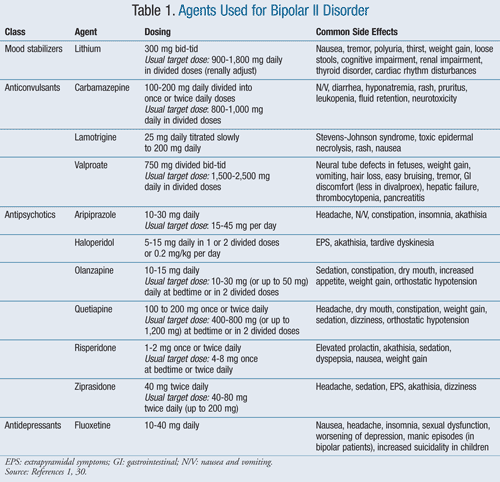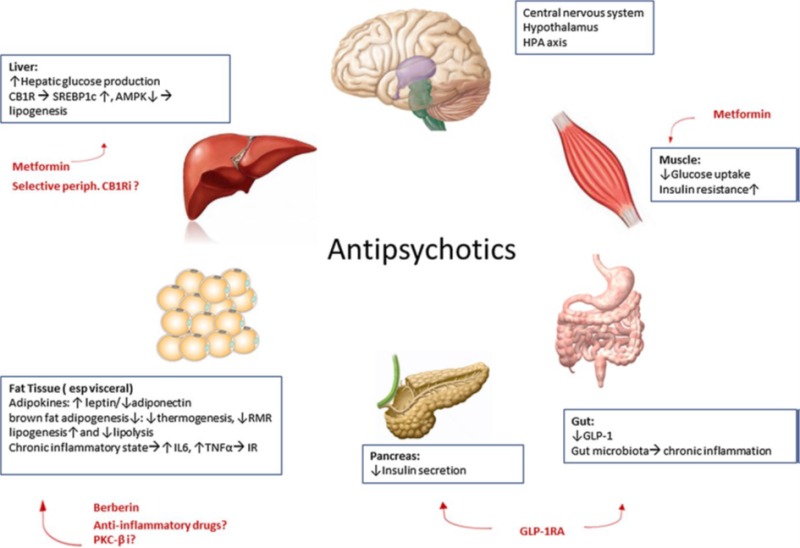For people who have an opioid addiction their problem often started with a.
The side effects of opioid medications in the elderly include all the following except.
Medically they are primarily used for pain relief including anesthesia.
Other common side effects of opioid use include sedation dizziness vomiting tolerance physical dependence and respiratory depression.
Opioids are best known for their pain relieving and euphoric effects but the powerful drugs have a host of side effects.
Physical dependence and addiction are clinical concerns that may prevent proper prescribing and in turn inadequate pain management.
Common side effects of opioid administration include sedation dizziness nausea vomiting constipation physical dependence tolerance and respiratory depression.
In organizing medications the allied health professional should do all of the following except stock medications with similar names together regardless of the route of administration percutaneous administration occurs when the drug is placed in direct contact with and is absorbed through the hair skin or mucous membranes.
The biggest advantage to opioids is that they re very effective at controlling pain and they re relatively cheap.
In response prolonged side effects should be proactively treated with further medication management.
Opioids are a type of narcotic pain medication.
Other medical uses include suppression of diarrhea replacement therapy for opioid use disorder reversing opioid overdose suppressing cough as well as execution in the united states.
Taking diazepam with opioid medications such as codeine hydrocodone may increase your risk of very serious side effects including death to lower your risk your doctor should have.
The following list provides an overview of common pain medication side effects and associated management strategies for both persistent pain issues and end of life situations to be considered alongside the older adult s goals and preferences.
A disorder also known as delayed gastric emptying which slows or stops the movement of food from the stomach to the small intestine.
Long term use can lead to dependence addiction and numerous physical complications including overdose and death.
Prescription opioids can relieve pain and lead to a feeling of relaxation but they may also have negative effects including the following.
Opioids frequently cause nausea vomiting constipation and severe itching.




























